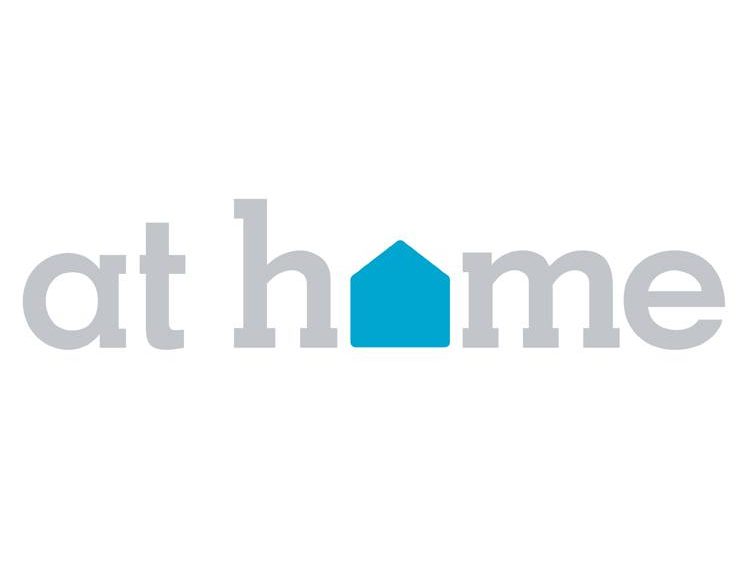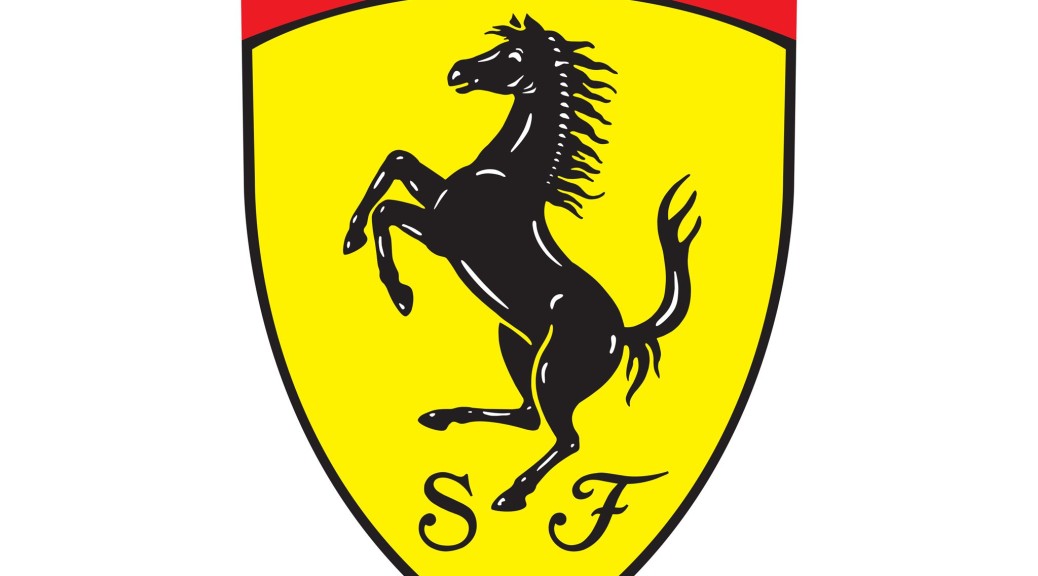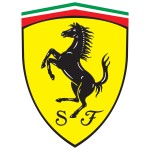 At Home Group (NYSE: HOME) is a recent addition to our Battle Road IPO Review Consumer sector coverage. Founded in 1979, and based in Plano Texas, the company has established itself as a home décor superstore chain. Consensus estimates call for revenue of $748 million for its fiscal year ending January 31, 2017, along with EPS of $0.56. For the following year, it is expected that the company will reach $886 million in revenue, along with EPS of $0.79.
At Home Group (NYSE: HOME) is a recent addition to our Battle Road IPO Review Consumer sector coverage. Founded in 1979, and based in Plano Texas, the company has established itself as a home décor superstore chain. Consensus estimates call for revenue of $748 million for its fiscal year ending January 31, 2017, along with EPS of $0.56. For the following year, it is expected that the company will reach $886 million in revenue, along with EPS of $0.79.
At Home Group priced its 8.7 million share IPO on August 4th, at an opening price of $15, thus raising about $131 million, prior to underwriting costs. The net proceeds will be used to pay down $116 million of debt, leaving roughly $400 million in debt on its balance sheet. The transaction was led by BofA Merrill Lynch, Goldman, Sachs & Co., Jeffries, Morgan Stanley, Evercore ISI, Guggenheim Securities, and William Blair. At a recent share price of $15.35, HOME’s post-IPO market cap is roughly $920 million.
In an era in which ecommerce continues to chip away at many brick and mortar retail establishments, At Home Group celebrates the brick and mortar experience with a large assortment of over 50,000 skus, and aims to “out assort” its competition. In doing so, an estimated 70 percent of its products are unbranded, private label, or designed specifically for At Home. The company operates 116 locations in 29 states, and stores range in size from 80,000 to 200,000 square feet, with an average store size of roughly 120,000 square feet.
In addition to an unconventional merchandising strategy, At Home Group has pioneered a creative approach to opening new stores, by examining so-called second generation locations of companies looking to scale down their brick and mortar presence. Thus, up to two-thirds of the company’s 20 percent store increase in 2016 will come from the former stores of J.C. Penny, Sears, K-mart, Sam’s Club, Target, and others. The company believes it is in a strong position to cherry-pick the most desirable locations, and in doing so will save on land procurement and permitting costs, as well as reduce the amount of time to open a new store. By executing on this formula, the company estimates that it can renovate and open a new location within four months.
From an infrastructure standpoint, At Home believes that its current distribution center should accommodate up to 220 stores, with limited investment.
Through the first six months of 2016, HOME’s revenue grew by 21 percent to $360 million, fueled by the opening of 22 new stores. During the most recent quarter ended July 30th, the company’s comparable store sales increased by .9 percent. Post-IPO, after paying down $130 million in debt, HOME still has over $400 million of debt on its balance sheet.






 .
.